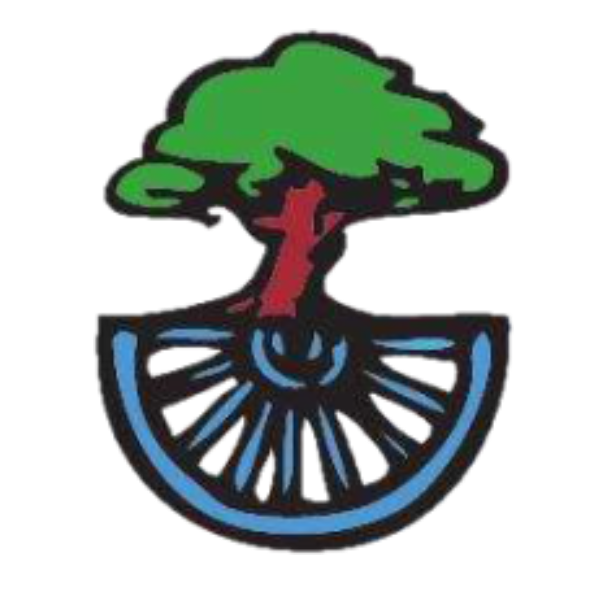Economic Empowerment
Within the Dom community, women have the lowest status due to a traditional, strong patriarchal socio-cultural lifestyle and a long tradition of street beggary by women and children.
Empowering women in the Domari community
Jerusalem.
The dependent and inferior status of women is maintained not only through stereotypes associated with their traditional roles as mothers and homemakers but also through costumes of inheritance, patrilocal households (women moving into the household of their husband's family), and men’s complete authority in decision-making within the family. Thus, most women in the community are denied any education after the initial years of primary school, are made to marry at a very early age (around 15) to a man their father chooses for them and start having babies early on.
The main goal is:
- Provide Dom women professional skills and enable them to establish small businesses (even in their homes) without the need for large initial investments.
The sub-objections are:
- Awareness of women's rights and of their right to decide about their own life and the wellbeing and future of their children, particularly girls, despite the challenges facing women in a traditional society.
enable Dom women to establish small businesses (even in their homes) without the need for large initial investments
- Greater self-respect and awareness of self-value bringing about self-confidence and assertiveness.
- Influence decision-making processes within their immediate and extended families.
- Serve as role-models for other women in the community, who will turn to the Domari Center for feminist-based empowerment workshops.
- Gain stature within the community so as to have a larger impact on the community as informal leaders.Domari Center has offered several vocational courses in hairdressing and catering in the past, many women in the small community of the Jerusalem Dom have heard about these courses and have expressed interest in them. In addition, Domari director, a community member who is personally acquainted with the several hundred families in the community, has spread the news about upcoming courses orally (as most women are illiterate). Thus, we currently have a waiting list of 24 women who want to participate in one of the two 2019 vocational courses.
Giving Domari women the tools to work
All women who expressed interest in a vocational course are being notified now of the upcoming course, its planned dates and its requirements, upon agreeing to comply with the requirements will have priority in securing their participation.
If Domari director is eventually left with several vacancies in the planned courses, she will again orally advertise them and personally turn to women she knows, based on personal acquaintance, that are in need for such a course and who might be interested but may not have the courage to ask to participate. Considering the unique state of women in the community, such a recruitment method might be necessary.



